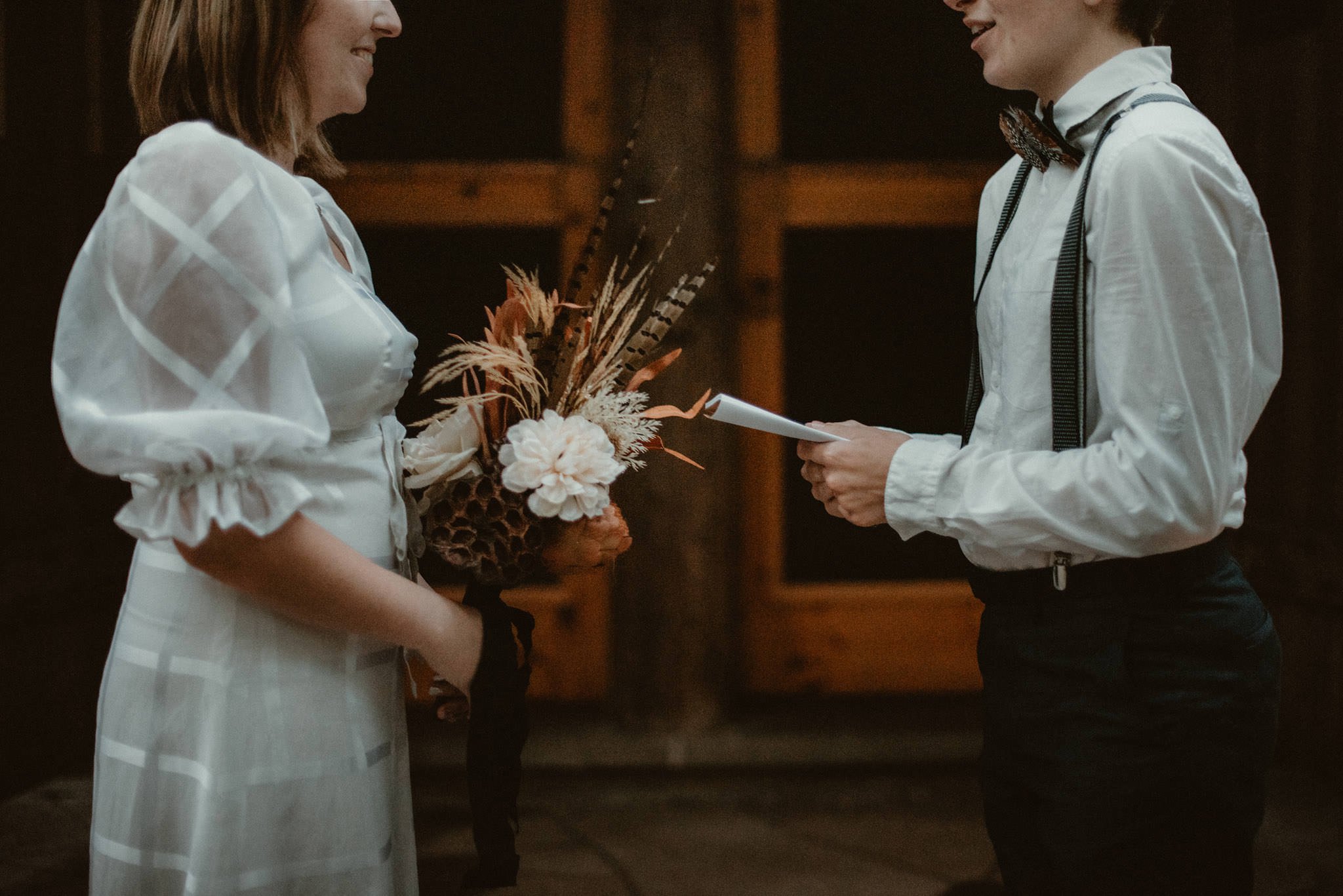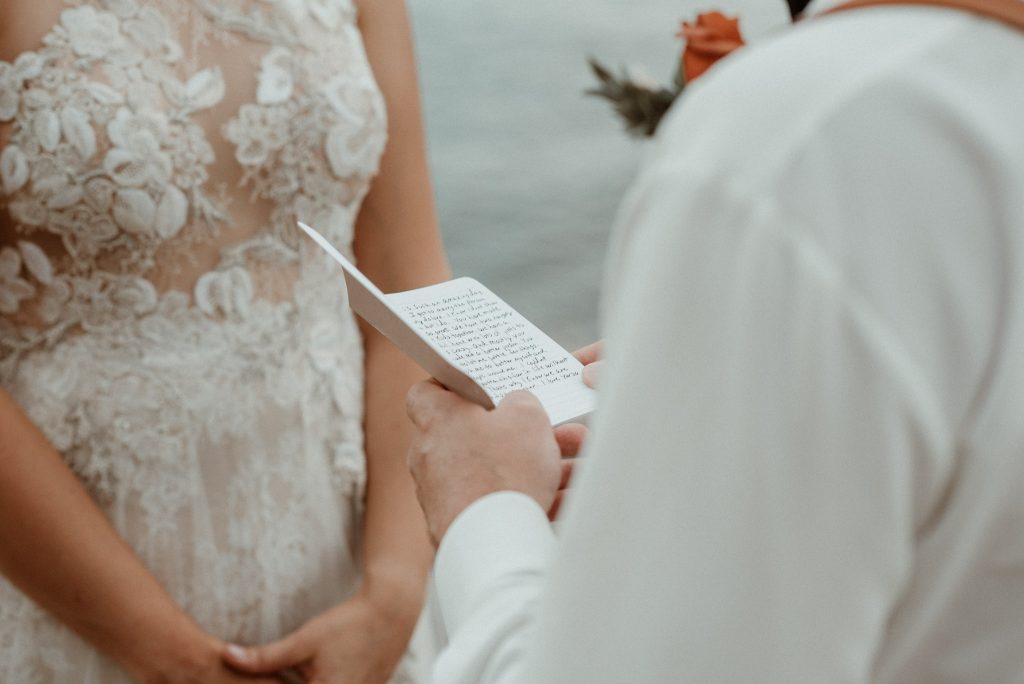What You Need To Legally Elope In Michigan
Planning your elopement or small, DIY wedding in Michigan is exciting! But it can also be overwhelming. Especially when it comes to the legalities and rules. Even finding the information online can be confusing!
This post details all that is necessary for having a legal elopement in Michigan. Read on to learn everything you need to know!
Michigan marriage requirements
To be legally married in Michigan, you need all of the following:

You have options when it comes to your elopement day ceremony. You can choose one of the following options:
1. Be legally married during your ceremony by an ordained officiant.
This is what most people think of when they think of a wedding ceremony- an officiant who will meet with you and create a personalized ceremony script and then perform your ceremony and complete the legal paperwork on the day of. But another option is to have one of your friends or family members become ordained, which can be done here.
2. Do the legal paperwork at another time and have a spiritual ceremony.
Another option that’s becoming more popular is to have an ordained minister meet with you at another time that’s convenient for you both and complete your wedding paperwork then. Or, some couples will do this at the courthouse. Sometimes this is more convenient if you don’t want to deal with the paperwork on the day of, or if you’re getting married in a remote location and are having a hard time finding an officiant. This opens up a lot of possibilities when it comes to your ceremony!
3. Have me (your photographer) help you craft a DIY ceremony and I will legally marry you afterward.
To make things simple and offer even more options for the couples I work with, I became an ordained minister in 2019. I can help you design your ceremony and even write a script for you to read on the day of. And then after the ceremony is complete, I will say a few words, complete your legal paperwork, and either provide witnesses or find them for you. If you prefer a little more involvement from me, I’m happy to do your ceremony opening and closing.

Eloping is an exciting and special way for two people to exchange vows in Michigan. With all the legalities taken care of, you can be free to make your dream a reality! There are plenty of beautiful locations in the state to choose from, and virtually unlimited possibilities. So, now that you know what it takes to legally elope in Michigan, you are fully prepared to embark on this amazing journey with your partner!

Discover More articles:
Hi! I’m Andrea!
Photographer, storyteller, nature lover
Lume Photography is a creative Michigan elopement photographer & planner based in the Upper Peninsula. Behind the camera, you’ll find me (Andrea) photographer, forager, paranormal enthusiast. My passion is helping free-spirited couples craft their dream wedding in nature, and documenting the moments, emotions, and story in amazing photos. READ MORE ABOUT ME





